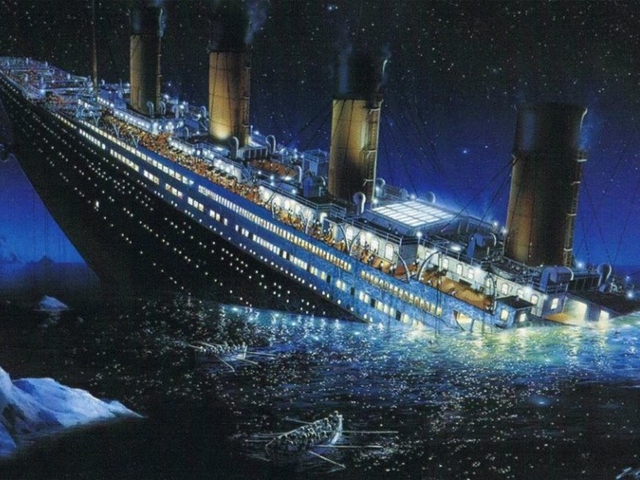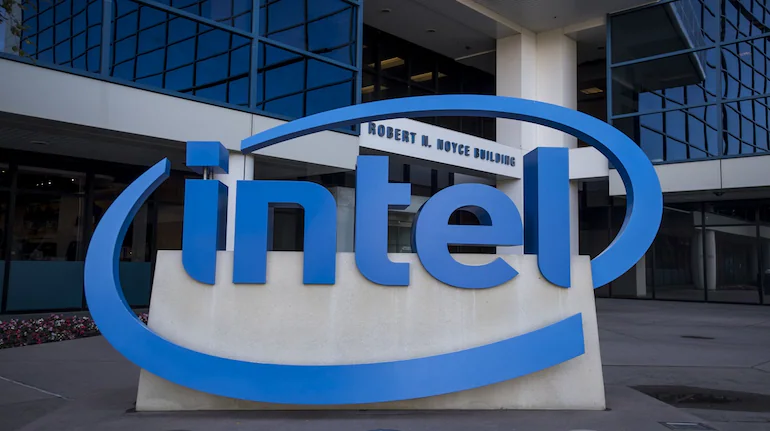William Saunders, a former employee of OpenAI and a member of the company’s “super alignment team,” recently disclosed that he resigned from the company due to his belief that it was on the brink of tragedy, similar to the ill-fated R.M.S. Titanic in 1912
As noted by Business Insider, Saunders provided his commentary during an episode of the podcast hosted by technology journalist Alex Kantrowitz.
Saunders revealed to Kantrowitz that he occasionally contemplated whether the company was headed in the direction of “the Apollo program or the Titanic” during his three years at OpenAI.
His argument seems to be that the Apollo space program succeeded despite its setbacks due to the careful scientific effort employed, whereas the Titanic failed despite its successes.
According to Saunders:
“Lots of work went into making the ship safe and building watertight compartments so that they could say that it was unsinkable. But at the same time, there weren’t enough lifeboats for everyone.”
OpenAI as the Titanic
Saunders characterizes the organization’s philosophy as prioritizing product development over implementing reasonable safety protocols.
He depicts an office environment in which employees who voice safety concerns are subjected to retribution, and the leadership prioritizes profitability.
“Saunders observed that the decisions made by the leadership began to resemble the construction of the Titanic by the White Star Line as time progressed.”
The tip of the iceberg is that Saunders is not the only individual who expresses dissatisfaction with the purported business practices of OpenAI. Elon Musk, one of the company’s estranged co-founders, recently filed a lawsuit against the company, alleging that it had deviated from its initial mission. This is even though Musk has not been involved with OpenAI for years and presently operates his direct competitor, xAI. The suit was subsequently withdrawn.
Anthropic, a rival A.I. company, was established in 2021 by former OpenAI employees and co-founders in response to their apprehensions that OpenAI was not sufficiently committed to trust and safety.
However, Ilya Sutskever, a former chief scientist and co-founder, departed in May 2024 to establish his company. At the time, he expressed his confidence that the OpenAI team would be able to achieve its objectives safely.
The inquiry is: Who or what is the iceberg, given the numerous employees who have departed and the Titanic analogy invoked by at least one?
The iceberg symbolizes the existential threat that ChatGPT and similar systems present to an unprepared society if the passengers in the analogy are all of us or humankind. If A.I. surpasses our intelligence and capabilities, and we lack sufficient “lifeboats” to safeguard all individuals from its potential for damage, we may be on the brink of a catastrophe.
However, suppose the passengers are shareholders and stakeholders anticipating the development of A.I. that is as intelligent as humans by OpenAI, and this does not occur. In that case, the iceberg may symbolize the collapse of the generative A.I. bubble.



